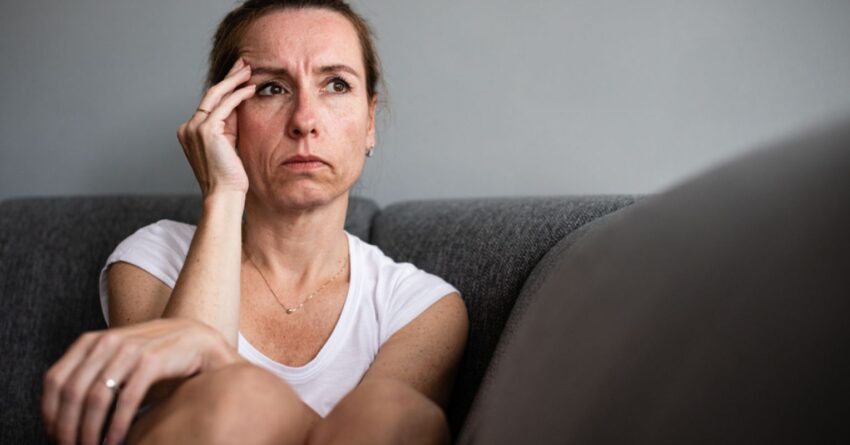
Source: Light Poet/Shutterstock
Before and after the recent United States presidential election, many of Vice-President Harris’ supporters expressed great anxiety and/or sadness that President-elect Trump would lead the United States in a harmful way that would threaten democracy in this country.
This reaction should not be a surprise, as many people expressed anxiety regarding how Trump conducted his first term as president and much of the three-month Harris campaign focused on the potential negatives of another Trump administration. The driving force for the magnification of this anxiety was to prompt Americans to avoid voting for Trump. However, as I discussed in a previous post, such anxiety can be harmful once an election is over.
Society regularly uses anxiety to guide people to make certain choices. For instance, physicians use anxiety to prompt their patients to adopt healthy lifestyles. “If you don’t change your dietary habits, you would likely suffer from an obesity-related illness such as a heart attack or stroke.”
Teachers use anxiety to control the behavior of their students. “If you continue to disrupt your classmates, I will send you out of the classroom and also send an email to your parents.”
Driving instructors use anxiety to instill careful driving habits. “If you don’t wear your seatbelts, you can be thrown out of the car and killed as a result of a collision.”
However, sometimes anxiety is used to make us make choices that may not be in our best interest. For instance, advertisers use anxiety to motivate us to buy their products. “When you buy this expensive tooth whitener, people will no longer be repelled by your yellow teeth.”
Peer pressure is often applied through anxiety: “When you choose to avoid smoking weed with us, you may have to find different friends.”
Anxiety is healthy when it helps keep us safe, but it is a negative force if it prompts us to make poor choices or interferes with our lives. In the latter case, anxiety can be classified as a disorder.
I believe that the anxiety prior to Election Day could be thought of as useful in that it helped guide people on how to vote and to prompt them to submit their ballots. However, as we saw in 2016, after Trump was first elected, some people remained anxious for many months and even throughout his term in office. My opinion is that such chronic anxiety can be harmful.
Long-term anxiety can lead to disturbed sleep, irritability, poor focus at school or work, deteriorating mental and physical health conditions, and affect relationships adversely, to name a few problems. Such anxiety can be ameliorated through better self-regulation including with hypnosis, as well as taking positive actions, including:
- Polite expression of views in forums that involve people who may disagree to help foster a better understanding of each other.
- Joining political campaigns for candidates whose views are representative of our own.
- Volunteering with organizations through which we can help improve our communities.
- Limiting news consumption, especially through social media, which tends to amplify strong feelings.
Takeaway
I encourage those who are dealing with post-election anxiety to keep in mind Theologian Reinhold Niebuhr’s Serenity Prayer: “God, grant me the serenity to accept the things I cannot change; courage to change the things I can; and wisdom to know the difference.”
Thus, you can use self-calming measures to help accept the election results that you can no longer control, and undertake positive actions within your control to address your issues of concern.
